


One large egg contains 6 grams of protein and 14 important nutrients such as vitamins A, D and E, folate, iron, and zinc. Because they contain all 9 essential amino acids, eggs are one of the few foods considered to be a complete source of protein.
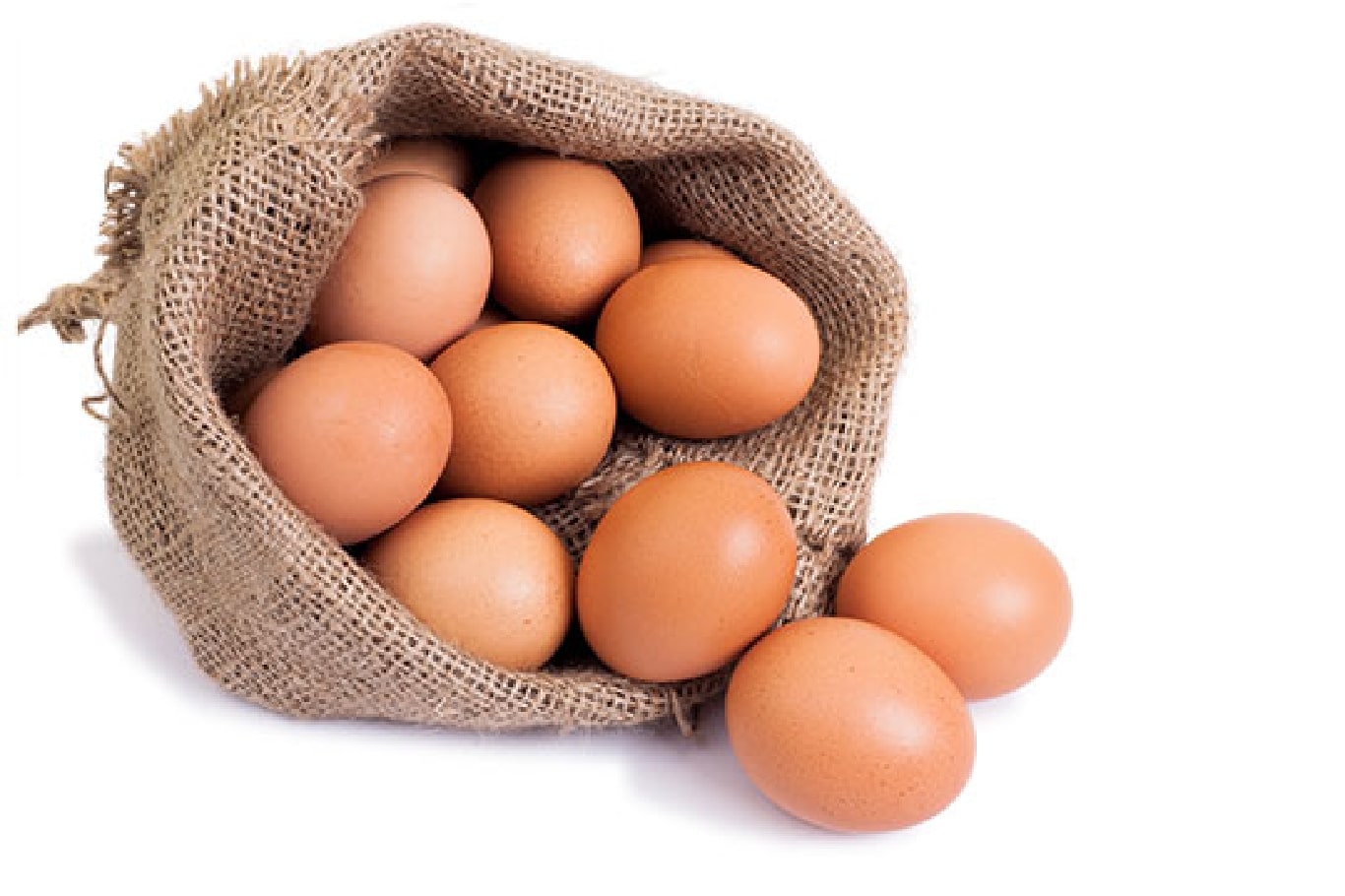
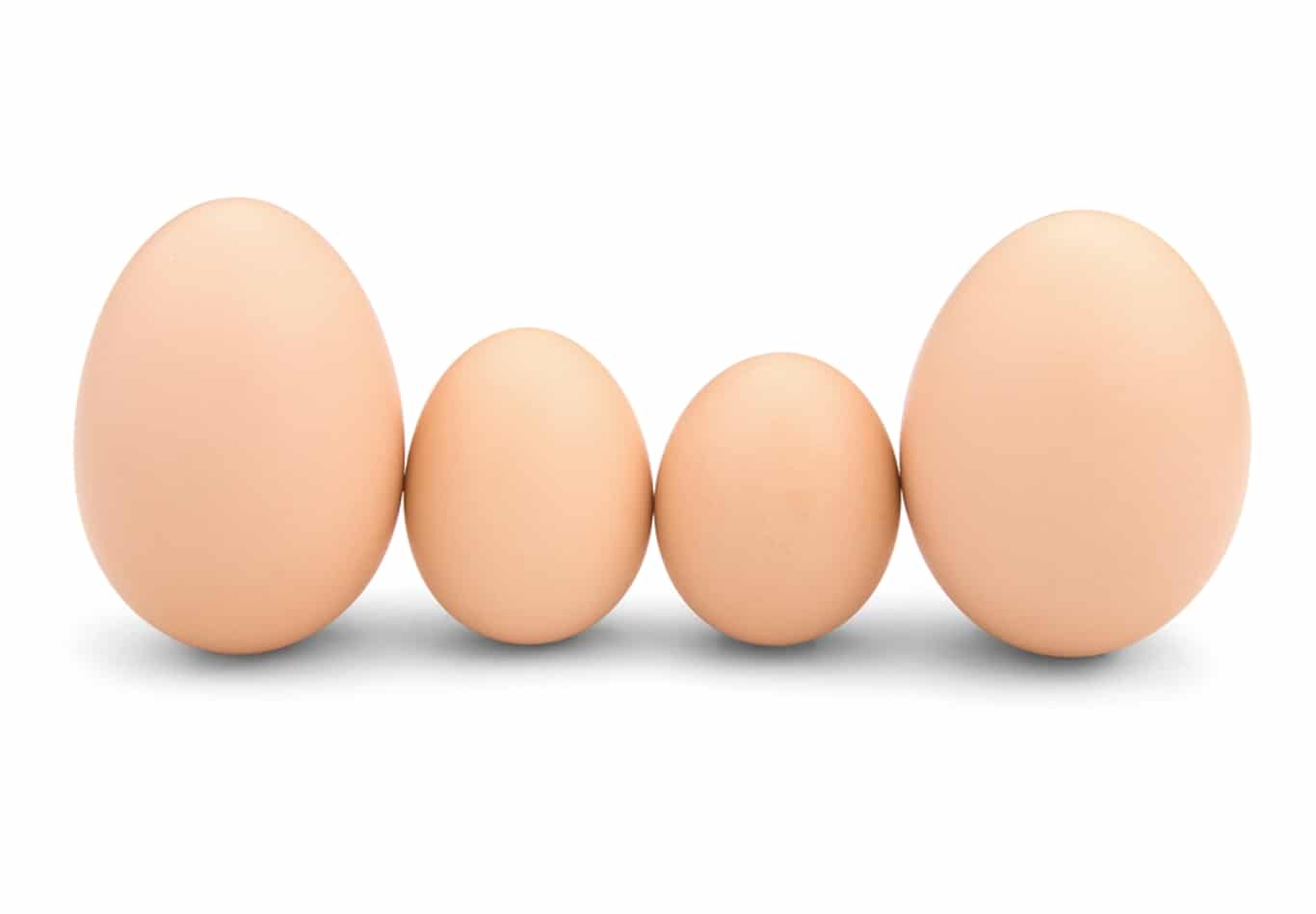
Egg size depends on the hen’s age. Over time, hens lay larger eggs. Eggs are graded by weight, not circumference, at the grading station, and are then packed and labelled according to the following sizes: peewee, small, medium, large, extra large or jumbo.
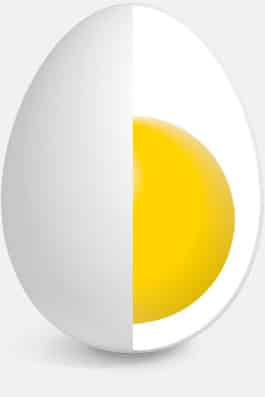
The colour of the yolk varies according to the hen’s diet. If the yolk is really pale, it’s probably because the hen eats wheat; if the yolk is dark, it’s a safe bet that corn is her favourite grain!
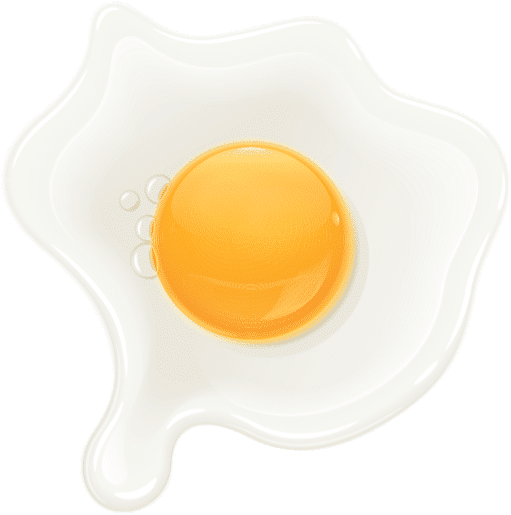
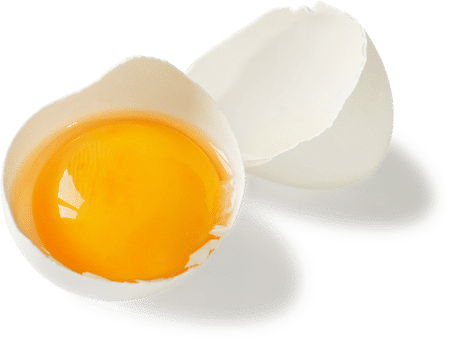
For many years, conventional wisdom considered eggs to be unhealthy because of their dietary cholesterol content. However, decades of research have proven that the cholesterol found in food (good cholesterol) has no effect on blood cholesterol levels (bad cholesterol) and in no way increases the risk of heart disease. Great news! You can enjoy eggs without moderation!
The traceability process allows us to trace an egg’s journey from the farm to the consumer and vice versa. At Nutri Group, we ensure traceability by using a set of codes printed on the egg or on the packaging.
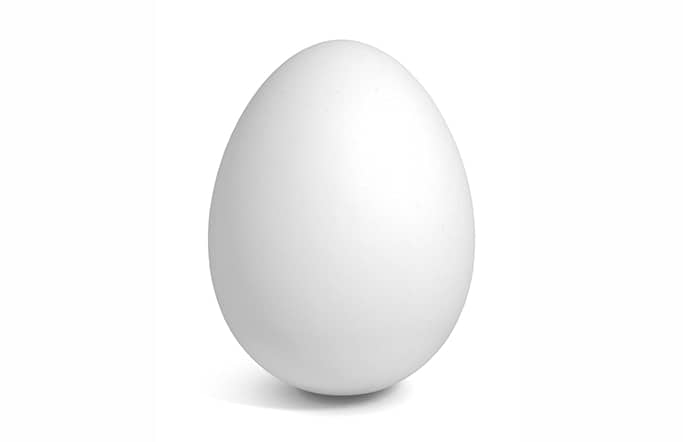
Nutri Group’s Quebec grading stations code eggshells to easily trace each and every egg. The following information can be found on the shell:
QC : indicates that the egg was produced in Quebec.
XXXX : refers to the egg producer’s traceability code. You can also trace the farm from a code on the egg using the tool at the following link:https://oeuf.ca/producteurs/
YYY : Julian day of grading
WWW :refers to the grading station’s unique identification code
M27 : example of egg best-before date
Egg variety: specialty eggs are identified as Liberté and organic.
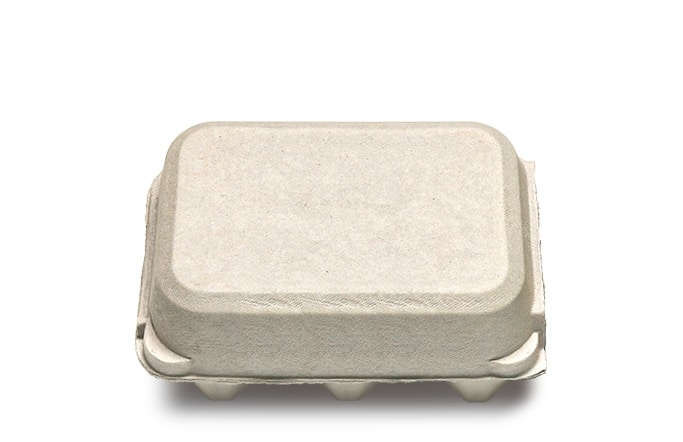
All Nutri Group grading stations code the different sizes of egg cartons (6, 12, and 18 ), as well as egg cases. Boxes are marked with a code providing the following information:
2020 JA 30 : example of egg best-before date
YYY : Julian day of grading
WWW : refers to the grading station’s unique identification code
All this information is essential for efficient, accurate and fast traceability. Everyone involved in the fresh shell egg chain appreciates it.
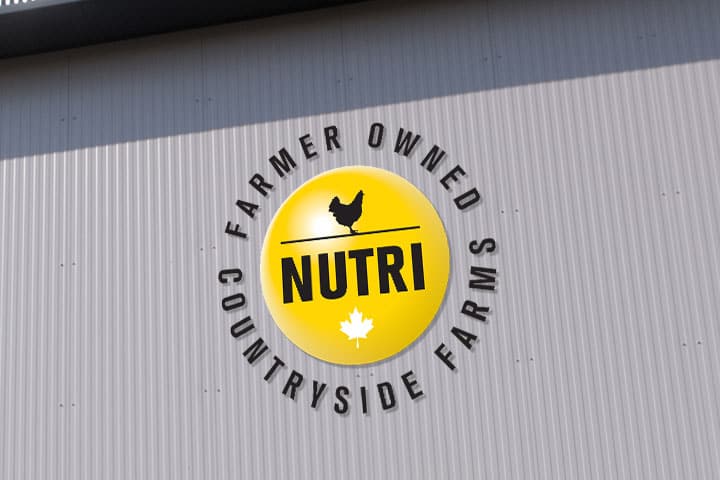 Counstryside Farms
Counstryside Farms
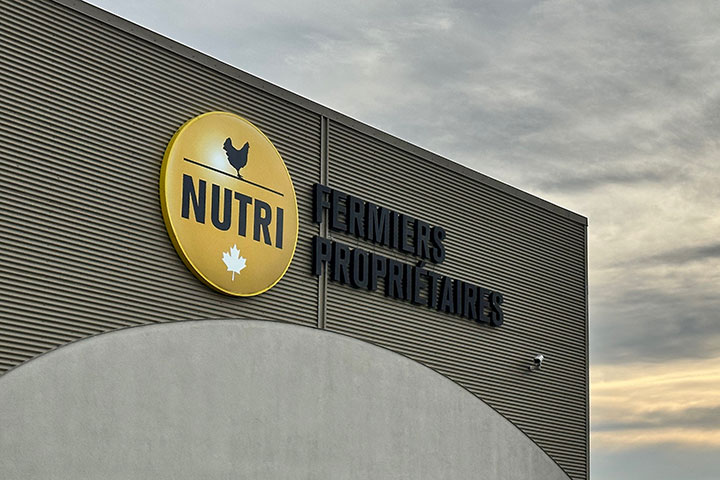 Nutri-Œuf
Nutri-Œuf
 Maritime Pride Eggs
Maritime Pride Eggs
 Supreme Egg Products
Supreme Egg Products